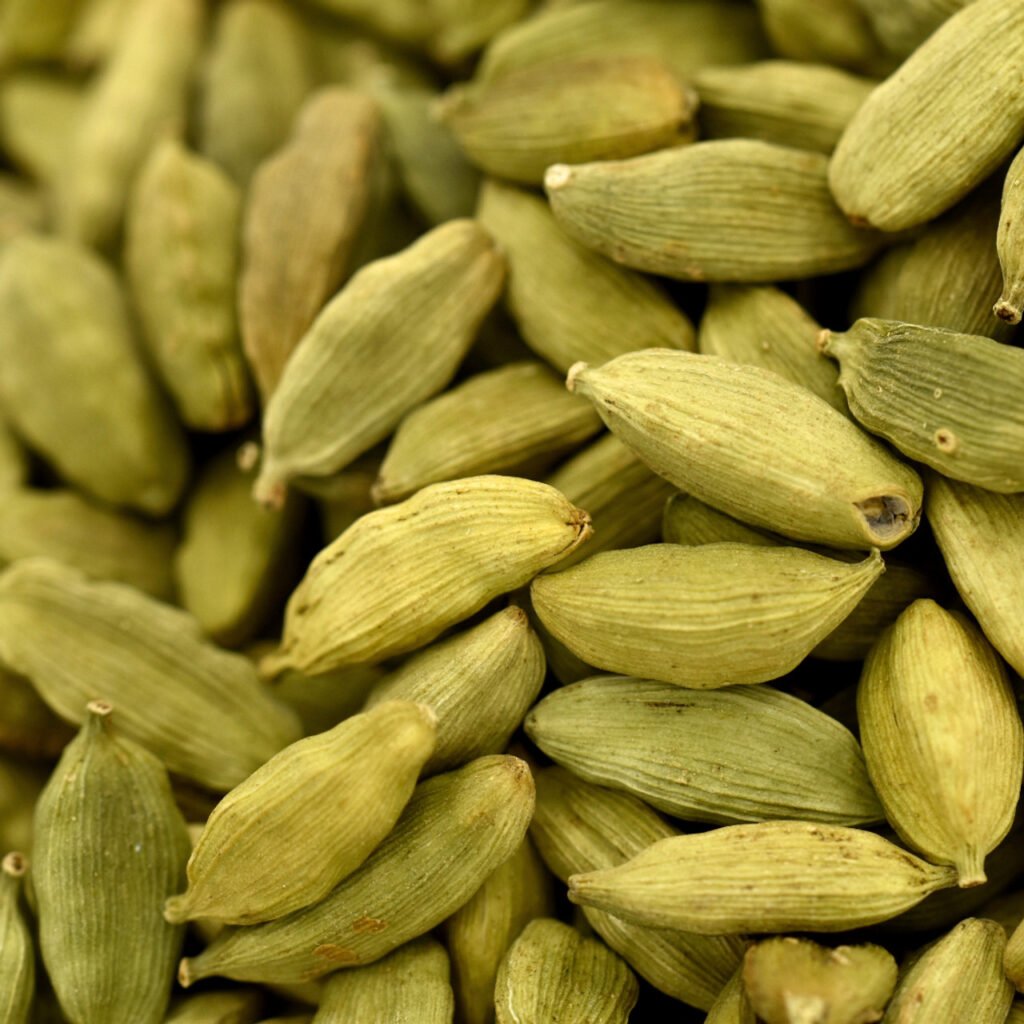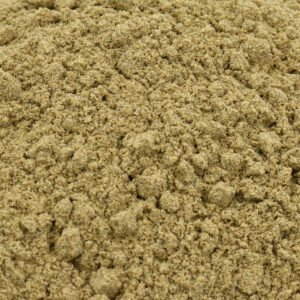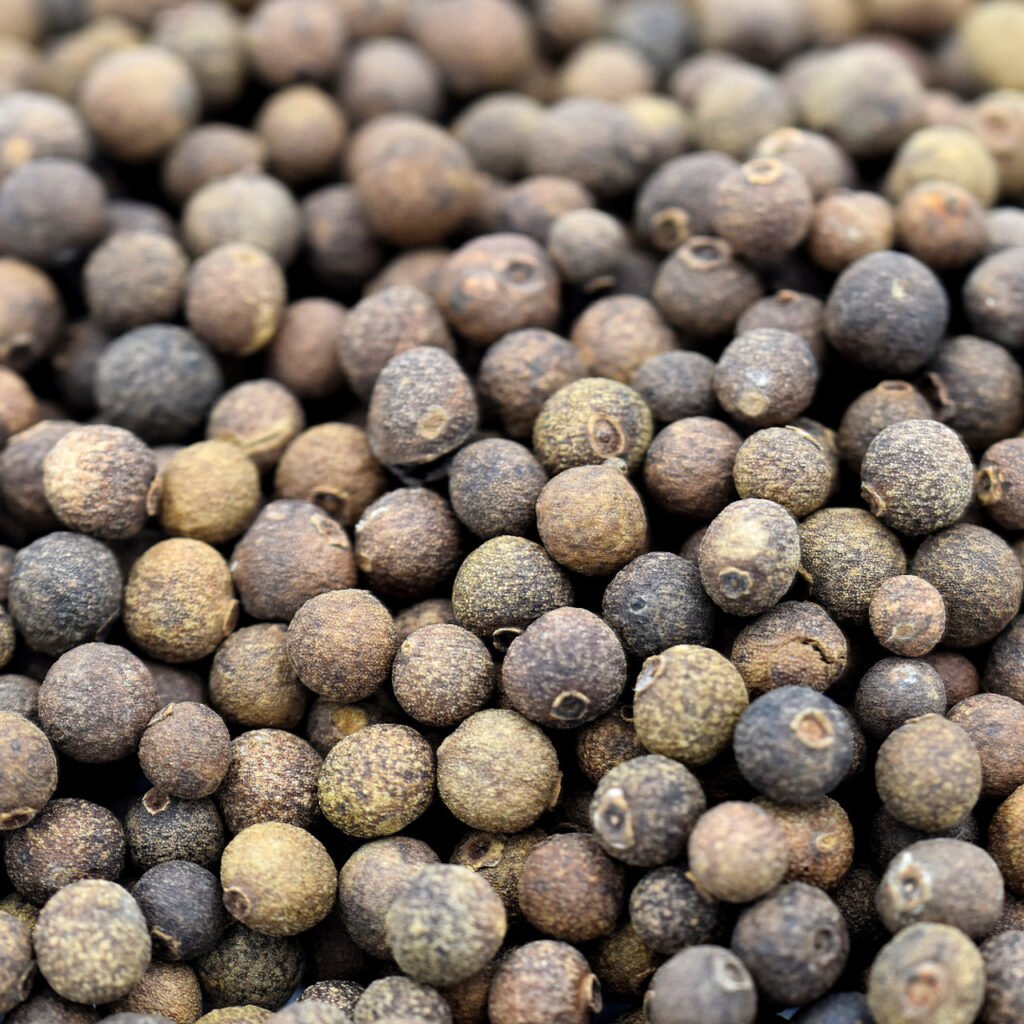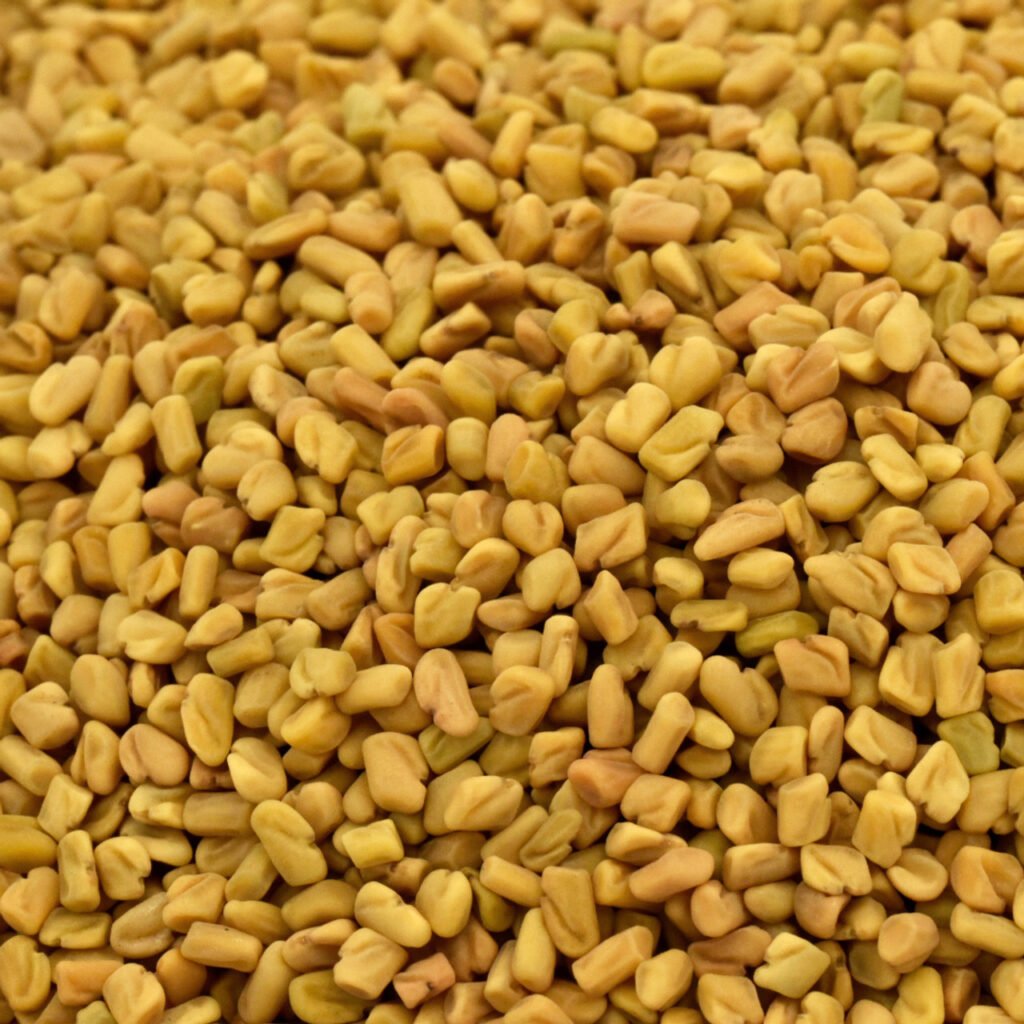Cardamom seed
Cardamom seed is a spice that has been used for centuries in many cultures around the world. It is known for its unique flavor and aroma, but it also has numerous health benefits. In this article, we will explore the benefits of cardamom seed and how it can improve your overall well-being.
1. Introduction
Cardamom seed is a spice that is commonly used in many cuisines around the world. It is derived from the seeds of the cardamom plant, which is native to India, Bhutan, and Nepal. Cardamom has a unique flavor and aroma that can enhance the taste of a variety of dishes, but it also has numerous health benefits.
2. What is Cardamom Seed?
Cardamom seed is the small, triangular-shaped seed found in the pod of the cardamom plant. It is commonly used as a spice in many cuisines around the world, including Indian, Middle Eastern, and Scandinavian. Cardamom is available in two varieties – green and black. Green cardamom is the most commonly used variety and is known for its sweet and floral aroma, while black cardamom has a smoky flavor and is used in savory dishes.
3. Nutritional Value of Cardamom Seed
Cardamom seed is a good source of several vitamins and minerals, including vitamin C, magnesium, and potassium. It also contains fiber and is low in calories, making it a great addition to a healthy diet.
4. Health Benefits of Cardamom Seed
4.1 Digestive Health
Cardamom seed has been used for centuries to treat digestive issues, such as indigestion, bloating, and gas. It contains compounds that help to stimulate the production of digestive enzymes, which can improve digestion and reduce inflammation in the digestive tract.
4.2 Oral Health
Cardamom seed is also known for its antibacterial properties, which can help to improve oral health. It can help to reduce bad breath and prevent the growth of harmful bacteria in the mouth.
4.3 Anti-inflammatory Properties
Cardamom seed contains compounds that have anti-inflammatory properties, which can help to reduce inflammation throughout the body. This can be particularly beneficial for people with conditions such as arthritis and asthma.
4.4 Cardiovascular Health
Cardamom seed has been shown to have beneficial effects on cardiovascular health. It can help to lower blood pressure, reduce the risk of blood clots, and improve circulation. It may also help to reduce the risk of heart disease.
4.5 Respiratory Health
Cardamom seed has been used for centuries to treat respiratory issues such as coughs, colds, and bronchitis. It contains compounds that can help to loosen mucus and improve breathing.
4.6 Anti-Carcinogenic Properties (continued)
to prevent the growth and spread of cancer cells. It contains compounds that can help to inhibit the growth of tumors and may also help to prevent DNA damage.
4.7 Anti-Depressant Properties
Cardamom seed has been shown to have anti-depressant properties and may help to improve mood and reduce anxiety. It contains compounds that can help to increase the production of serotonin, a neurotransmitter that plays a role in mood regulation.
4.8 Blood Sugar Control
Cardamom seed may also help to regulate blood sugar levels. It contains compounds that can help to improve insulin sensitivity and reduce the risk of developing type 2 diabetes.
4.9 Immune System Boost
Cardamom seed has immune-boosting properties and may help to strengthen the immune system. It contains compounds that can help to increase the production of white blood cells, which are important for fighting off infections and diseases.
4.10 Skin Health
Cardamom seed may also have benefits for skin health. It contains compounds that can help to improve skin texture and reduce the appearance of wrinkles. It may also help to reduce inflammation and prevent the growth of harmful bacteria on the skin.
5. How to Use Cardamom Seed
Cardamom seed can be used in a variety of ways, both in cooking and for its health benefits. It can be added to sweet and savory dishes, as well as drinks such as tea and coffee. Cardamom seed can also be used to make essential oil, which can be used for aromatherapy and massage.
6. Precautions and Side Effects
While cardamom seed is generally safe to consume in moderate amounts, some people may experience side effects such as allergic reactions, gastrointestinal issues, and skin irritation. It is also important to note that cardamom may interact with certain medications, so it is important to speak with your healthcare provider before using it as a supplement.
7. Conclusion
Cardamom seed is a spice that has been used for centuries for both its unique flavor and its numerous health benefits. From improving digestive health to boosting the immune system, cardamom seed has a wide range of potential health benefits. Incorporating cardamom seed into your diet and lifestyle may be a simple yet effective way to improve your overall well-being.
- Is cardamom seed safe to consume during pregnancy? While cardamom seed is generally safe to consume in small amounts during pregnancy, it is important to speak with your healthcare provider before using it as a supplement.
- Can cardamom seed help with weight loss? There is some evidence to suggest that cardamom seed may help to aid weight loss by improving digestion and reducing inflammation. However, more research is needed to confirm these effects.
- What is the difference between green and black cardamom? Green cardamom has a lighter flavor and is commonly used in sweet dishes and drinks, while black cardamom has a smoky flavor and is often used in savory dishes.
- Can cardamom seed be used for skin care? Yes, cardamom seed may have benefits for skin health, including improving texture, reducing wrinkles, and preventing the growth of harmful bacteria.
- Is cardamom seed safe for people with allergies? While cardamom seed is not a common allergen, some people may experience allergic reactions. It is important to speak with your healthcare provider before using it as a supplement if you have any allergies or concerns.
- Chakraborty D, et al. Cardamom: A review of its potential health benefits. ACS Omega. 2021;6(19):12641-12651.
- Singh G, et al. Chemical constituents, antimicrobial investigations, and antioxidative potential of volatile oil and acetone extract of cardamom seeds. Journal of Agricultural and Food Chemistry. 2002;50(18):4689-4693.
- Al-Numair KS, et al. Cardamom (Elettaria cardamomum) supplementation improves serum insulin, glucose and lipids in subjects with prediabetes. Pakistan Journal of Biological Sciences. 2013;16(16):614-618.
- Prakash P, et al. Cardamom (Elettaria cardamomum) protects against oxidative stress-induced toxicity in diabetic rats. Food & Function. 2014;5(11):3040-3049.
- Kooti W, et al. Cardamom in metabolic syndrome: A review based on its mechanisms of action. Evidence-Based Complementary and Alternative Medicine. 2016;2016:1-12.





